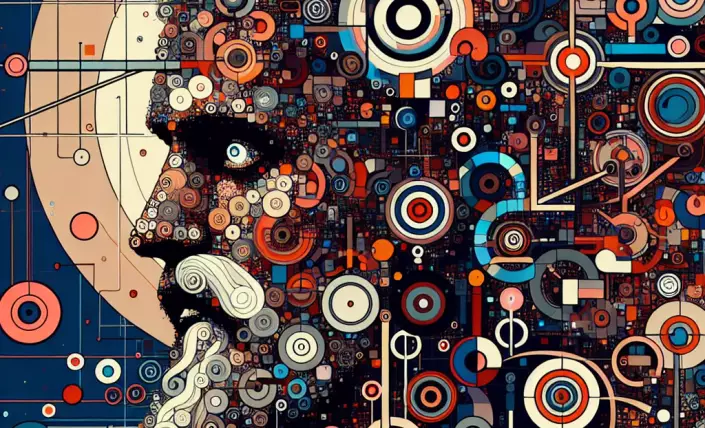In an age where information is at our fingertips, the idea of celebrating ignorance might seem counterintuitive. Yet, this was precisely one of the foundational insights of Socratic philosophy. Socrates, the classical Greek philosopher, is often credited with the assertion that he knew nothing except the fact of his ignorance. This acknowledgment of ignorance is not a resignation to remain uninformed but rather a profound recognition of the limitations of human knowledge and the beginning of a genuine quest for truth. In a world that often equates knowledge with power, embracing the limits of our understanding can be a powerful tool for personal growth and societal development.
The Socratic method, characterized by dialogue and relentless questioning, is a testament to the value of understanding what we do not know. By engaging in dialogues that probe the assumptions underlying our beliefs, we expose the gaps and contradictions in our understanding. This method reveals that true wisdom lies not in the accumulation of facts, but in the capacity to question, to doubt, and to remain open to new perspectives. In a contemporary context, this approach encourages us to challenge the echo chambers of social media and the certainties proclaimed by polarized voices in public discourse. By acknowledging our ignorance, we cultivate a mindset that prioritizes critical thinking and intellectual humility, which are essential for navigating the complexities of modern life.
Moreover, embracing ignorance as a philosophical stance fosters a deeper appreciation for the diversity of human experience. It invites us to listen actively and empathetically to others, recognizing that their perspectives may illuminate aspects of reality that we have overlooked. This openness not only enriches our understanding but also strengthens the bonds of community and respect in an increasingly fragmented world. By valuing what we do not know, we cultivate a lifelong curiosity and a resilience that allows us to adapt to change and uncertainty. In this light, Socratic ignorance is not a deficit but a dynamic state that fuels our search for meaning and connection in the world.










